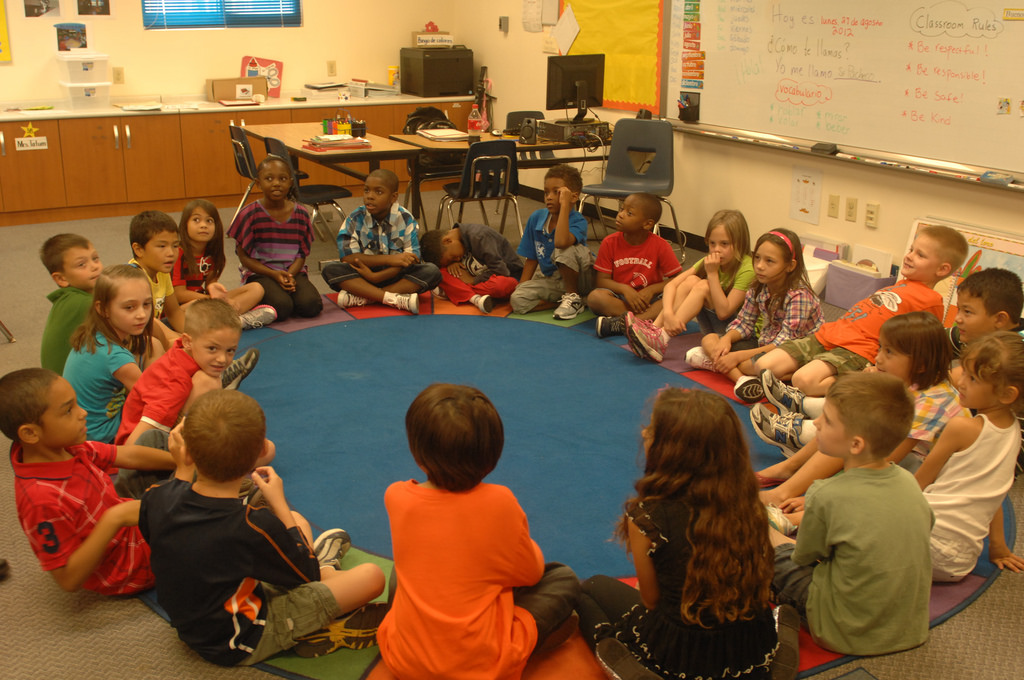 Early Childhood
Early ChildhoodPositive Youth Development
We are working with the State 4-H office to evaluate the 4-H Thrive! curriculum currently being delivered to youth ages 9 to 19 who are participating in California 4-H programs. 4-H Thrive! includes training for volunteers and curriculum that can be delivered in conjunction with leadership training. The program is based on years of research focused on understanding how best to help youth thrive and grow up to be caring, successful, contributing members of their communities.
The key components of the program include youth working with a caring adult to (a) discover his/her spark (or passion, something that “fires” youth up), (b) develop a growth mindset about his/her intelligence and personality, and (c) improve his/her goal management skills. Expected outcomes are increased positive youth development, such as their character, confidence, and self-esteem and decreased stress and depression.
We also expect the training and experience of delivering 4-H Thrive! will help volunteers develop their leadership skills and in turn enhance youth outcomes.
Go to the 4-H website for more information
Institute of Education Sciences Evaluation of Brainology
We are conducting a cluster randomized controlled trial to evaluate the effectiveness of Brainology, a blended curriculum designed to increase students' motivation and achievement in school by teaching them what a growth mindset of intelligence is. Brainology teaches youth that intelligence is a malleable trait that can be developed through effort. Our evaluation focuses on the effectiveness of Brainology for students in 6th and 8th grade.
Previous research conducted in our lab and others have shown that having a growth mindset of intelligence can foster positive outcomes such as motivation and success in school. Thus, we predict that Brainology will improve long-term student achievement by helping children adopt more of a growth mindset and by increasing their challenge-seeking and effort.
This research is funded by a grant from the Institute of Education Sciences.
